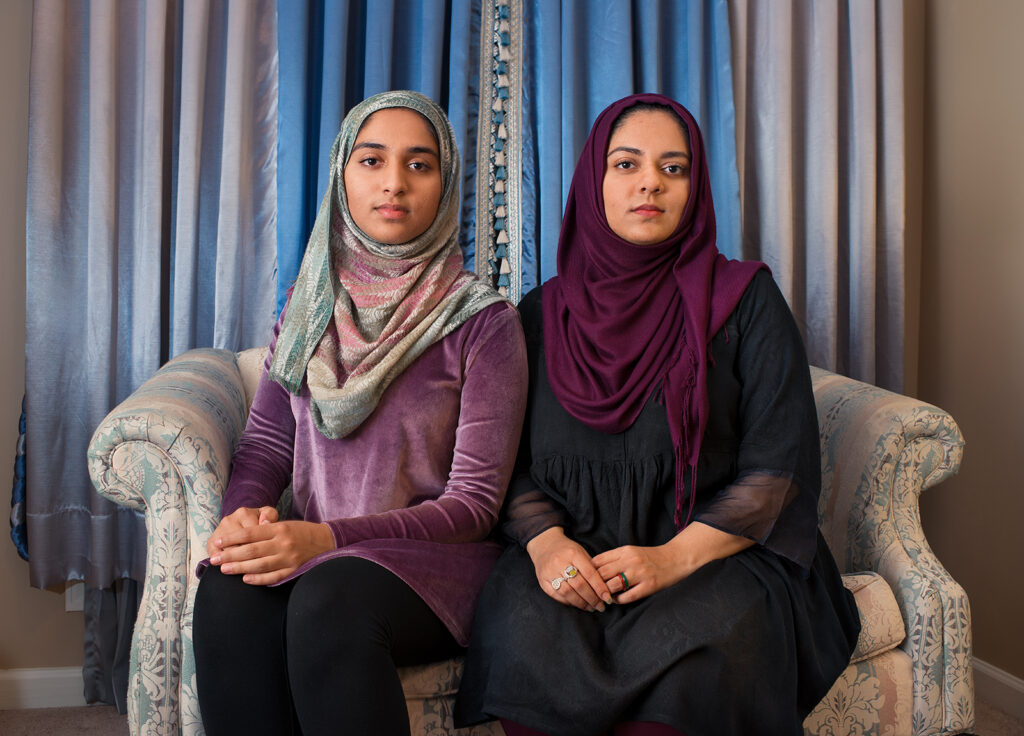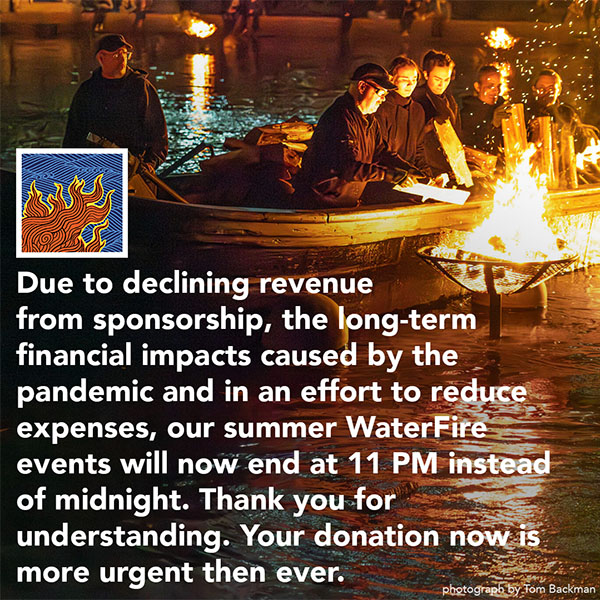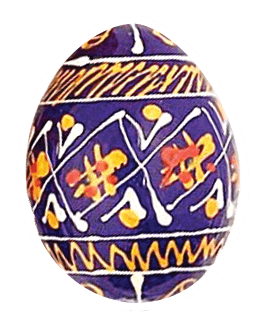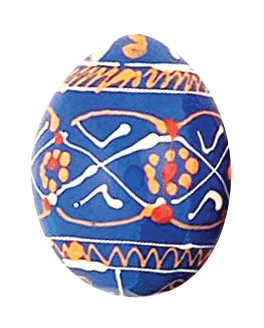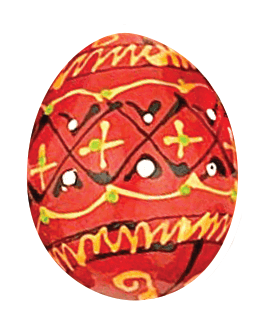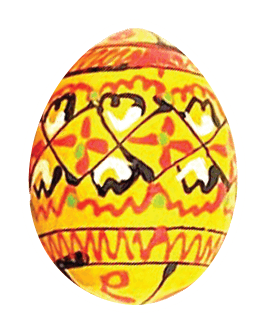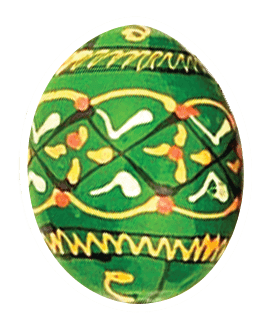Zahraw and Aatika were born in Georgia and have spent their whole lives there. Their father, an engineer from Pakistan, emigrated to the United States in the 1980s, going first to Texas, then to Georgia. The family lives in Newnan in a house on a hill overlooking a pond.
Growing up, Zahraw and Aatika attended Newnan public schools. In high school they both belonged to the National Honor Society (Zahraw was the president), the Beta Club (Aatika was president), the Spanish Honors Society, and the Key Club. Outside of school, Zahraw was a member of the Newnan Youth Council. In a photograph from a Council bus trip, she is easy to spot in her hot-pink hijab.
In school, the sisters knew only one or two other Muslims, and no other girl who wore a hijab – or head covering – that might identify her as a Muslim. So they felt alone. They say that the teachers and other students were open to them, and kind, yet they expressed an awkwardness that the girls had to navigate. “At our high school,” Aatika says, “I had someone tell me that I’m the first actual interaction they’ve had with a Muslim. They didn’t understand that Islam is what the religion is named, and Muslim is what you call the people who follow Islam.” About her hijab, she says “I got really weird questions, like ‘Do you shower with that on? Do you wear it around the house? Do you sleep with it?’” “They are not aware at all,” says Zahraw. “They’ve never been exposed.”
The sisters have now entered college in Atlanta, where they find themselves among people from many different cultures. Zahraw, at Georgia Tech, and Aatika, at Georgia State, are considering ideas for their futures: medicine, computer science, social service. They both say that the practice of Islam informs their perspectives on the world and their thoughts about life choices. In a recent college seminar on social justice, for example, Zahraw offered a lesson from the Koran: those who are silent while others are oppressed are guilty of oppression themselves. Aatika is motivated to fight against the widespread view of Islam as oppressive to women.
I had met with the sisters in their family’s home in the fall of 2018, after which they sat for a portrait in their living room. They agreed to have their photograph be part of a large-scale installation in downtown Newnan. In the spring of 2019, when the banner of their portrait was installed, the immediate reaction from some community members was fierce.
“Many of us that live here in Newnan do not like the Muslim picture hanging in Our town!” wrote one man, on Facebook. “Nor do We care to have that shit shoved in our faces.” “Your project in no way is a tribute to the history of Newnan,” said another person on Facebook, “nor is it representative of the People of Newnan. Hopefully you will be forced to remove some of these and replace them with real people of Newnan and the REAL history of Newnan.” One woman wrote that she’d had plans to come to town with her family during Lent, but no more: “Not taking my kids anywhere near downtown Newnan with this garbage on display!”
Over the next two days residents took to Facebook, demanding the removal of the banner. I was accused of having a “leftist liberal agenda,” told that I should go back to New England, and informed that Donald Trump would be re-elected in 2020. One resident, who stood apart in his vitriol, wrote of Muslims: “I catch you burning my flag I’m gonna just go ahead and do my country a favor and shoot and hang your ignorant ass. . . . If it were up to me I’d have bombed the entire Middle East.” I saw that many people, represented online wearing camouflage or displaying the American flag, were conflating the violence of 9/11 with the behavior of all Muslims. The public-facing rage once reserved for African-Americans in the South had found a new target.
I called Aatika when I learned what was happening, and was surprised that she was calm, collected. “We expected this,” she said. Her family had discussed at length whether to participate in the project, she told me, and they’d decided that the potential good outweighed the bad. She said they’d received many phone calls and messages – from friends and neighbors, but also from teachers and acquaintances they hadn’t heard from in ages, all of whom wanted to express their support.
Such support started to appear on Facebook, as well, with Newnan residents who didn’t know the sisters confronting the protesters directly: “Too much hate in y’alls hearts is a damn shame,” wrote one woman. “As someone who grew up in Newnan,” wrote another, “people like you are the reason people leave. God forbid there be a picture of someone other than a rich white man to possibly represent Newnan, Ga.” “Maybe I’ll commission a statue of these local women to be erected next to Confederate soldier Thomas Overby outside the Old Courthouse,” wrote someone else.
Eventually these voices overwhelmed the detractors, with the Facebook comments numbering over 1,000 before they died down. The discussion veered from the topics of racism to freedom of religion to the history of the South to the history of Islam. My favorite comment was this: “Jesus was almost certainly brown. These women are your neighbors. You’ve perpetuated the stereotypes that led to this installment in the first place. Loving others and accepting our fellow human beings who may believe different things is not leftist. It’s not political at all. It’s human. It’s progressive. It’s the future. And we’re excited to leave those who disagree behind.”
